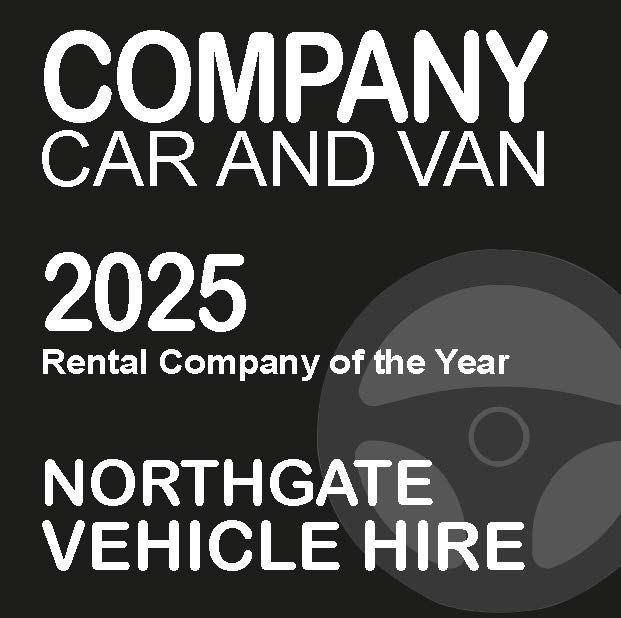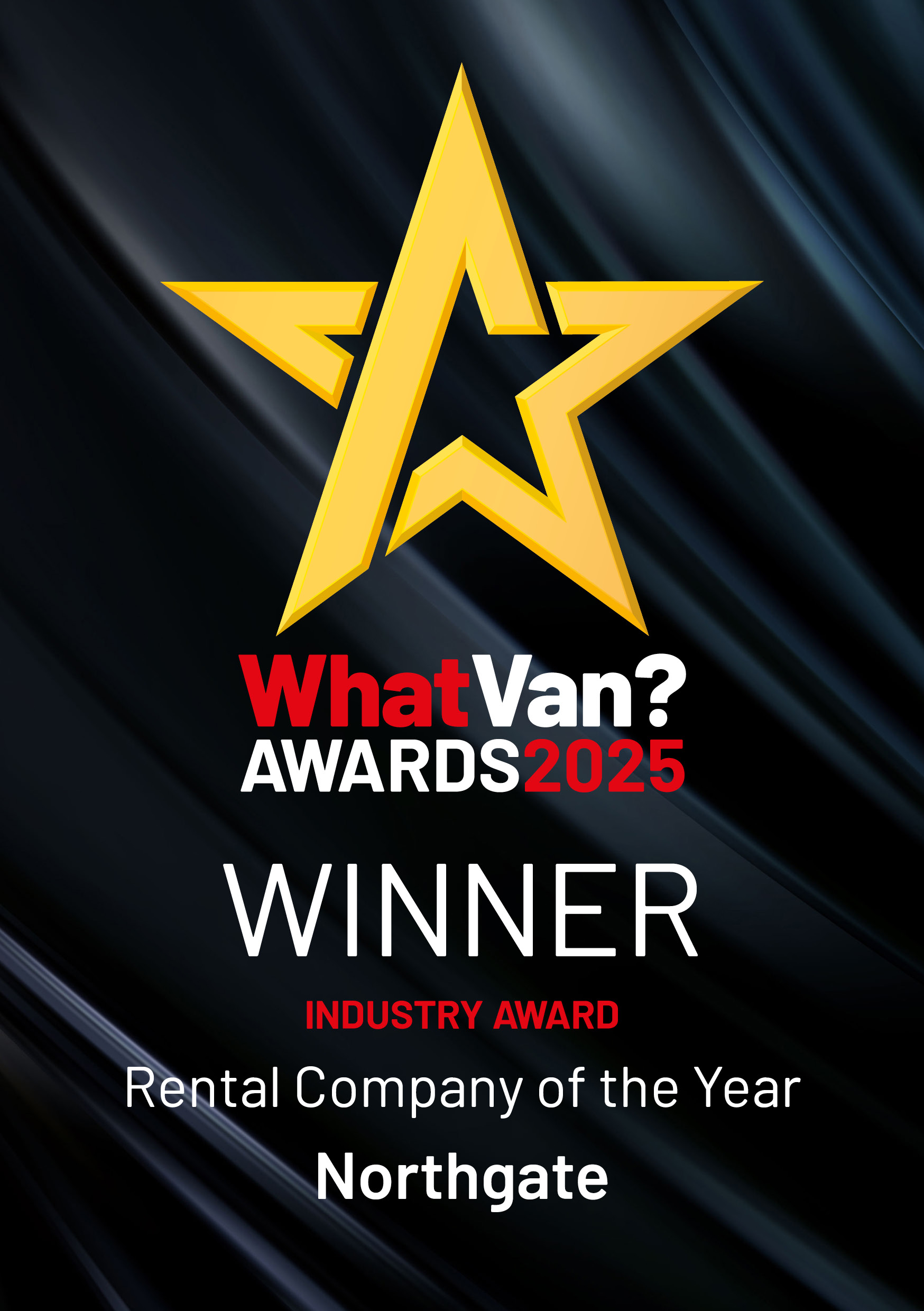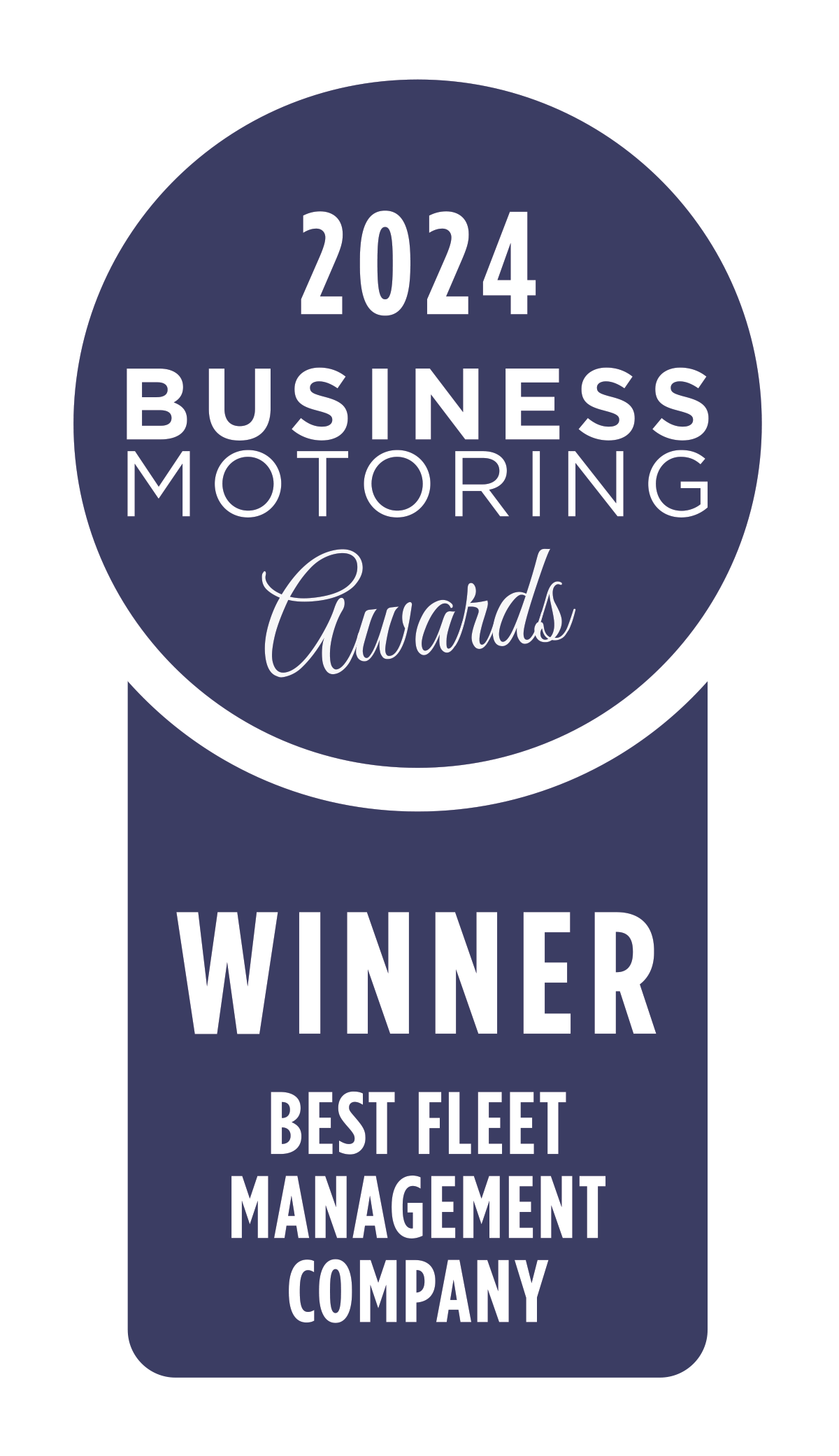COVID-19: Safe ways of working during coronavirus
Get up to speed on the safe ways of working for LCV operators and van drivers during the coronavirus.
![]() 10/07/2020
10/07/2020![]() 12 minutes read
12 minutes read
With COVID-19 looking as though it might be a part of our lives for a long time yet, many businesses are now left wondering what the safe ways of working are.
The government has provided guidance that gives businesses the information they need for working safely during coronavirus (which we fully recommend reading).
To help you get up to speed quickly however, we have pulled out some of the highlights from the guidance for LCV operators and van drivers.
Why is working safely during the coronavirus still important?
We are not yet free of COVID-19 but by taking extra steps to ensure the safety of ourselves and others we can help stop it spread.
Safety precautions should be taken: When meeting with customers. In the depot. In the yard. In the breakroom. And yes, in all aspects of our lives for that matter – both at work and at home.
Reducing the risks of COVID-19 transmission applies both inside and outside our vehicles.
Carrying out a coronavirus risk assessment
All employers must carry out a coronavirus risk assessment. If you are self-employed or have fewer than 5 workers, you do not have to write anything down, but an assessment should still be carried out. Please bear in mind that the requirements may differ from area to area.
If you are an employer, it is worth checking the government’s guidance to better understand your responsibilities and how to conduct a coronavirus risk assessment.
Aiming to keep a social and safe distance still applies
In some work situations, it may not always be possible to maintain social and physical distancing. Where this may not be possible you should limit contact times and consider what mitigation measures can be used for yours and others protection.
We recommend you seek further advice about social distancing on devolved governments websites. Further measures can be taken for the safety of yourself and others through risk mitigation. But what is risk mitigation exactly?
Risk mitigation is about reducing contact with others and upping hygiene standards
One helpful way of looking at risk mitigation is seeing it as two parts: 1) what we can do personally and 2) the measures that should be taken in our vehicles and workplace.
1 Risk mitigation: Personal measures
Upping hygiene standards
- Wash your hands thoroughly (the NHS has some sound advice on this).
- Wipe down surfaces and equipment with cleaning products – your usual cleaning products will do the job.
- Wear face coverings (keep using your PPE if already required to do so).
- Clear out your rubbish and remove personal belongings if you share a vehicle/space with others.
Reducing contact
- Avoid congregating in big groups.
- Help to ensure that contact with others is kept only to what your business has identified as necessary (your workplace should have carried out a risk assessment for this).
- Outside of work: Follow your local guidelines. There may be restrictions on meeting people you do not live with. Refer to devolved government websites for further information.
2 Risk mitigation: Vehicle and workplace measures
Upping hygiene standards
- Cleaning/hand sanitiser stations.
- Not sharing vehicles (if possible). Depending on the size of the vehicle, for example, a double cab or minibus, you may be able to safely social distance.
- Frequent cleaning of vehicles.
Reducing contact
- Using screens or barriers to separate employees, customers, drivers/passengers.
- Putting contactless measures in place (non-contact deliveries, contactless or single person refuelling, electronic documents, contactless payments, conducting virtual meetings).
- Putting up signs and markings as reminders of social distancing measures.
- Assigning ‘fixed pairs’ or teams so that employees work with the same people consistently.
- Working side-by-side or back-to-back. Avoiding face-to-face contact as much as possible.
How can Northgate help?
If you are looking to add new vans to your fleet, Northgate can provide you with a quote for flexible or long-term van rental. Flexible hire is the perfect option for fleets looking to juggle the unpredictability of the current coronavirus situation. Whether you need a van for 3 months or more, all our vehicles come with servicing, maintenance, and breakdown cover as standard.
Northgate can provide you with vans that meet your needs for safe working during the coronavirus. Set up a call with one of our expert fleet consultants today to discuss your requirements









